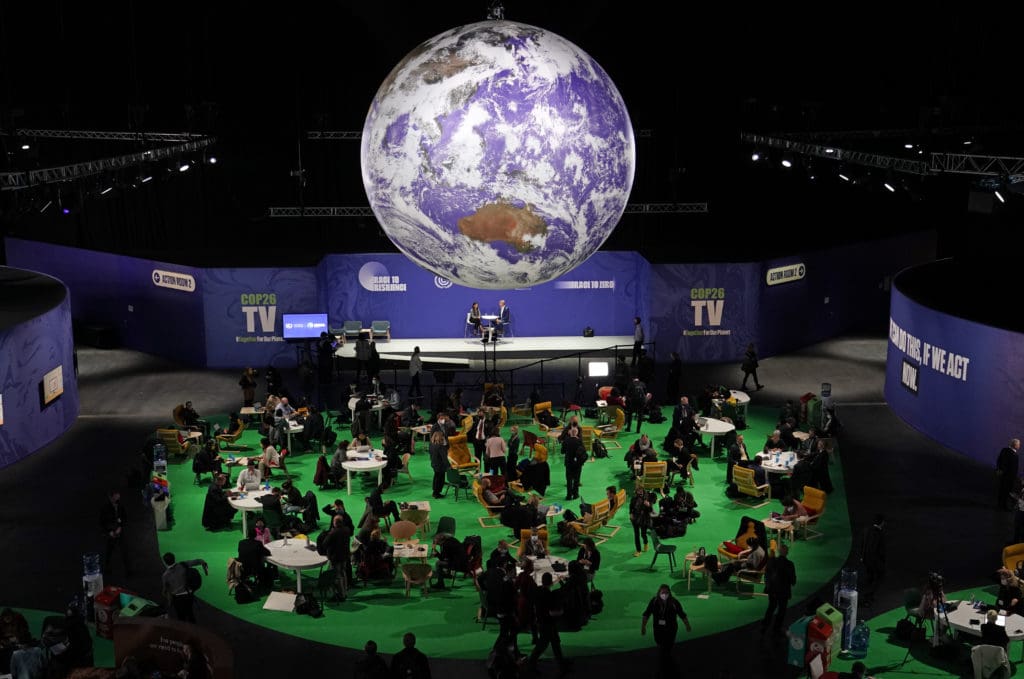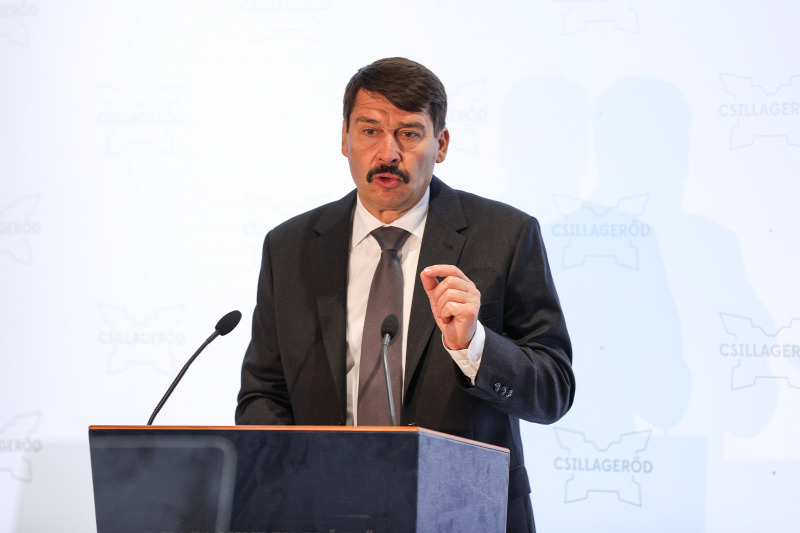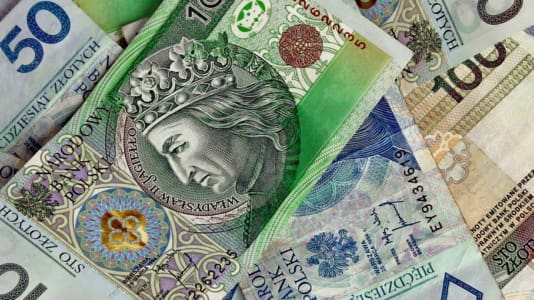There were few concrete commitments, rather only “solemn declarations” at the United Nations climate conference in Glasgow, Hungarian President János Áder said on national station Kossuth Rádió.
Áder recalled that the Paris Climate Agreement six years ago was voluntary and was joined by all the states of the Earth. They agreed to review again in five years what they had fulfilled from the commitments, such as how CO2 emissions developed (the next conference has been delayed to 2021 due to the Covid epidemic).
The parties have pledged to transform their energy production and use so that global temperature increases do not exceed 2 degrees Celsius. But even at that time in Paris, it was already clear that even reaching the minimum target is not realistic, let alone the desired 1.5 degrees Celsius, Áder said.

According to him, while there is more and more talk about a 1.5-degree goal, countries are moving further and further away from even 2 degrees. “If this continues, the global temperature rise could be as much as 2.7 degrees,” Áder said
It was also an unfavorable omen that before the Glasgow conference, in Rome, the heads of state made little headway at the G20 summit, adding that in Glasgow, some of the world’s major C02 emitters (China, Brazil, Russia, and Turkey) were not even present.
The only recent bit of good news, according to Hungary’s president, is that China unexpectedly announced at the September UN General Assembly that it would be climate-neutral by 2060.
Áder said many expected an agreement in Glasgow to phase out many hundreds of billions of dollars in public subsidies for the production and use of fossil energy, or that no new coal-fired power plants would be built, or that climate targets would be realized in ten years. The president did say that previous commitment that developed countries would add hundreds of billions of dollars a year to developing countries is moving along. Of this, about $80 billion has been raised so far, and the 27 EU member states have paid their share in any case, he indicated.
Among the positives of the conference, Áder highlighted that the prime minister of India announced that his country would be climate-neutral by 2070, and that by 2030, half of their electricity production would come from renewable energy. Furthermore, the formation of a coalition to protect forests is also a step forward, with some 100 countries pledging to end deforestation and increase their forest areas by 2030, he said.





